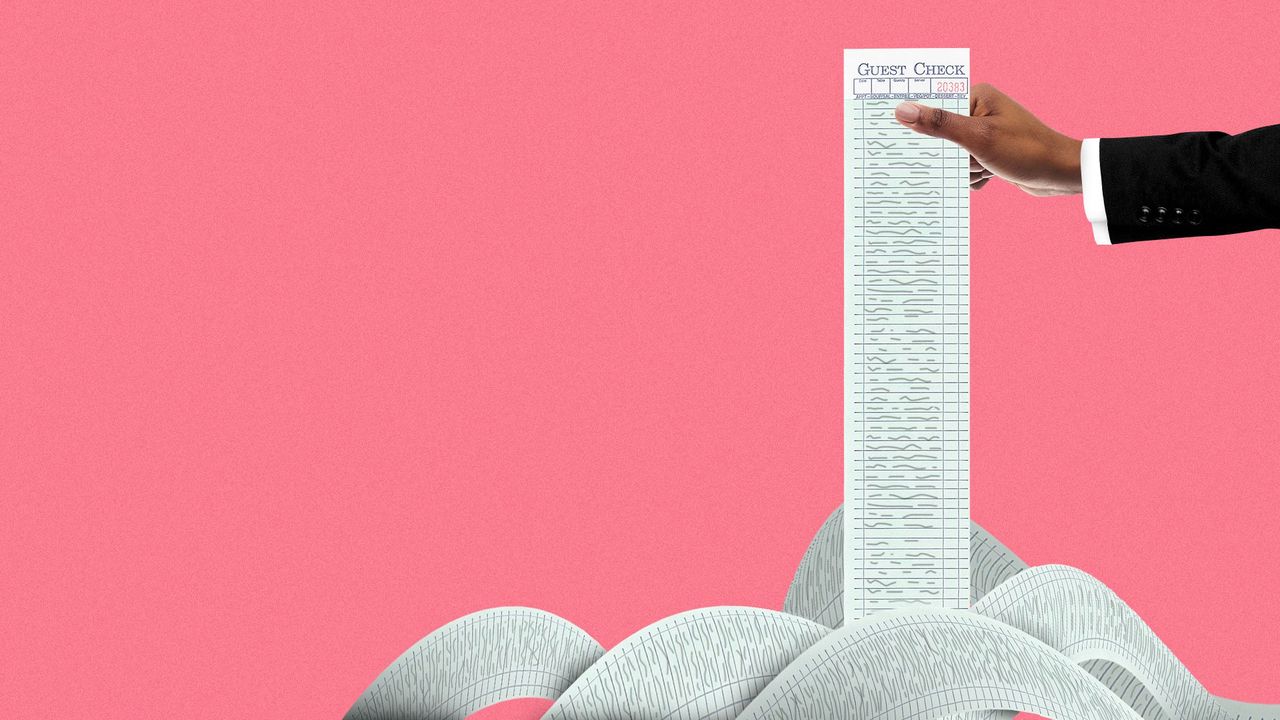
Now in control of Congress, Democrats are looking to give the U.S. financial system a progressive overhaul, incoming Senate Banking Chairman Sherrod Brown said Friday. It will be a tall task.
What we’re hearing: “This committee in the past has been about Wall Street,” Brown told reporters. “As chair I’m going to make it about workers and their families and what matters to their lives.”
- “Under Senate Republicans we’ve had government intervention to put its thumb on the scale for corporations at every turn and their wealthy friends, and the free market for everyone else.
- “We’re going to change that.”
Why you’ll hear about this again: Atop Brown’s ambitious priority list — which also features sweeping action on climate change, housing assistance and racial justice — is a push for public banking that would create a system of government-administered bank accounts that are not profit-driven.
- The accounts would be similar to those provided by the Federal Reserve for large banking institutions.
Watch this space: Democrats also will be looking to rewire the Fed’s role in helping to underpin the economy in times of economic stress to perform monetary policy from the bottom up rather than the top down to reduce the inequality that has been a hallmark of the coronavirus recession.
- Brown has been in consistent contact with expected incoming Treasury Secretary Janet Yellen, he told Axios, noting that she has “become a mentor and adviser.”
Yes, but: Much of this agenda has already been proposed and rejected by congressional Republicans and may be a tough sell to moderate Democrats who will be needed with a slim majority in the House and a 50-50 Senate.
- Further, representatives from the banking sector, who all declined to comment on the record, were generally dubious of Brown’s ideas.
- Many warned that putting more responsibilities for banking in government hands — or overburdening the Fed with them — could lead to a less efficient system that did more harm than good.
Be smart: “There are historical instances of one-tier systems where the central bank did everything,” BIS general manager Agustín Carstens said in June 2019 speech.
- “In the socialist economies before the fall of the Berlin Wall, the central bank was also the commercial bank. But we cannot hold up that system as an example of better customer service.”
- “Less dramatically, publicly owned banks in many economies are hardly paragons of efficient allocation of funds or of good service.”
State of play: Still, the plan is already in motion.
- Reps. Alexandria Ocasio-Cortez and Rashida Tlaib put forth similar legislation for public banking last year and Brown says he and House Financial Services Chair Maxine Waters will be “coordinating directly, consulting frequently, and I would be shocked if we aren’t going in the same direction on damn near everything.”
The bottom line: “The unifying theme for progressive Democrats is that they want to flatten pricing. They want wealthier customers to really be subsidizing less wealthy people who are accessing financial services,” Jaret Seiberg, financial services and housing policy analyst for Cowen Washington Research Group, said on the “Voices of Wall Street” podcast in October.
- Additionally, “they want the government to be financing more financial services.”


